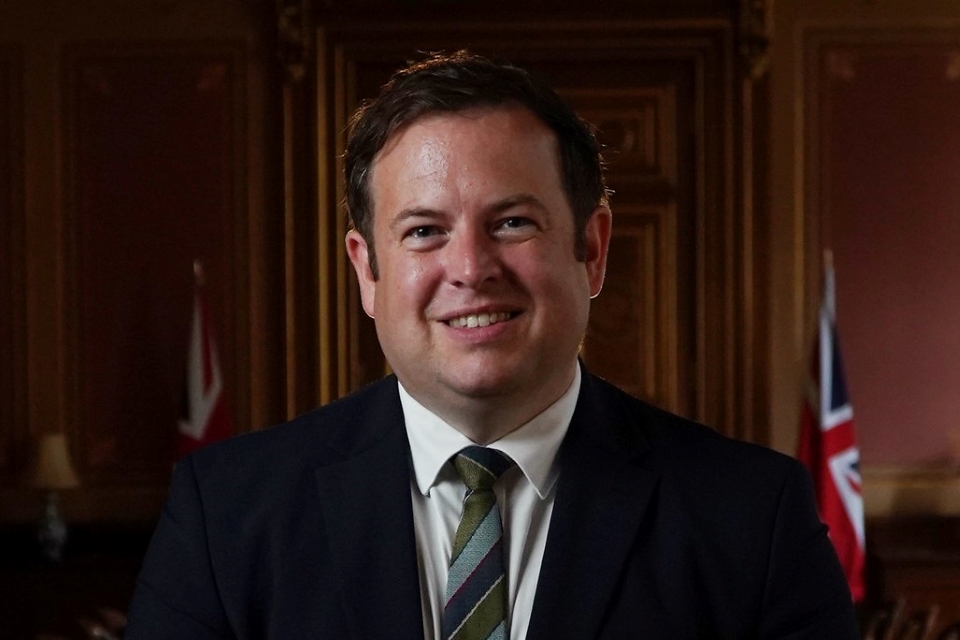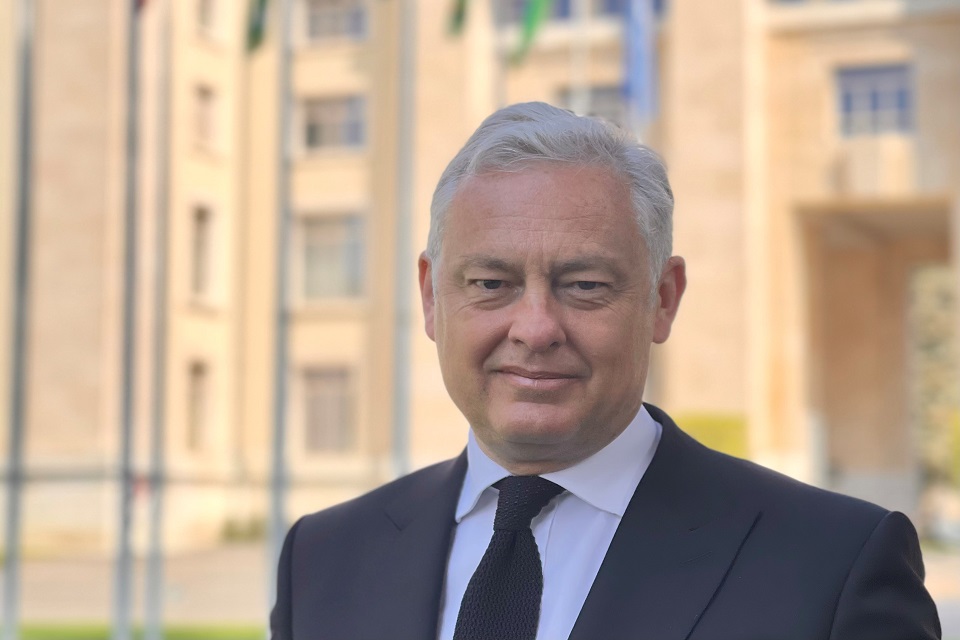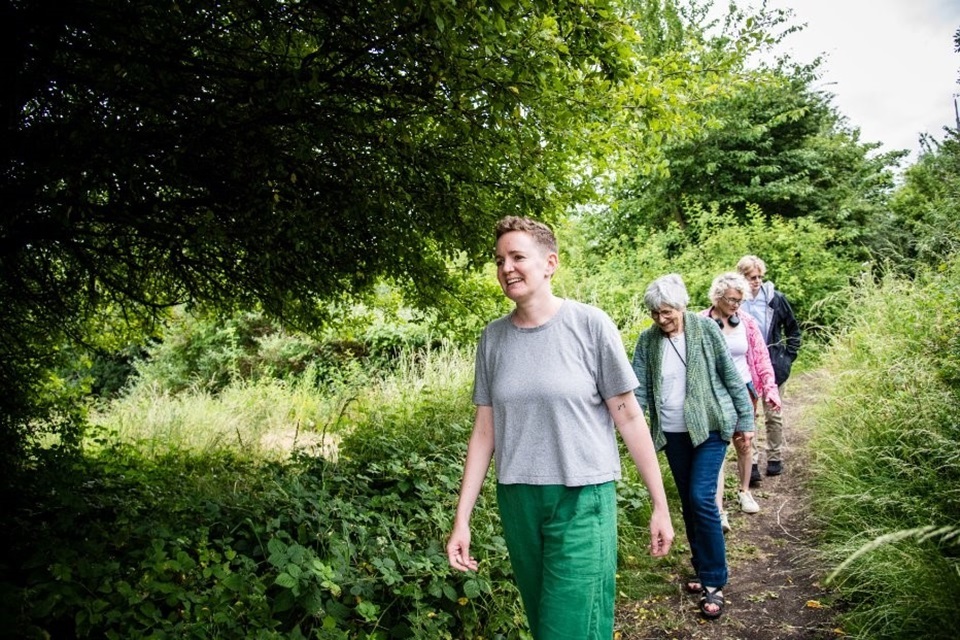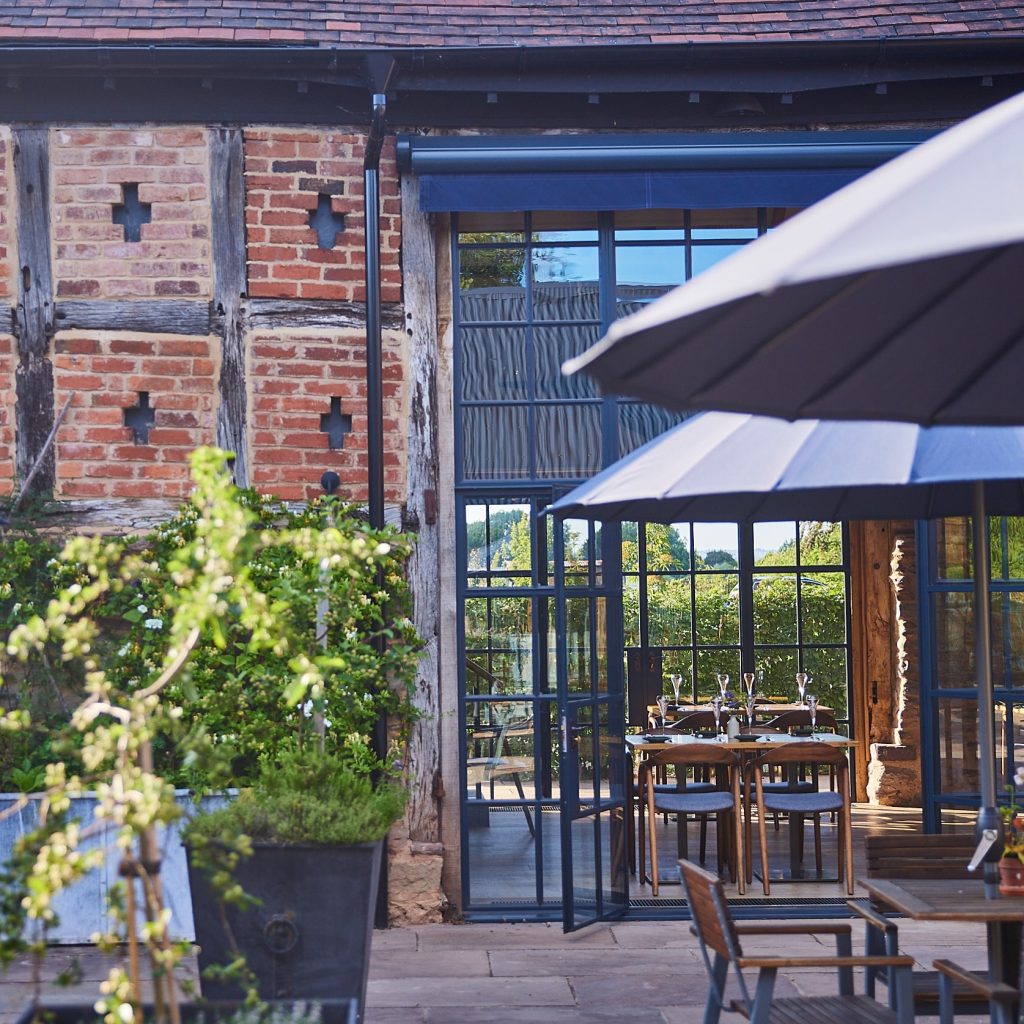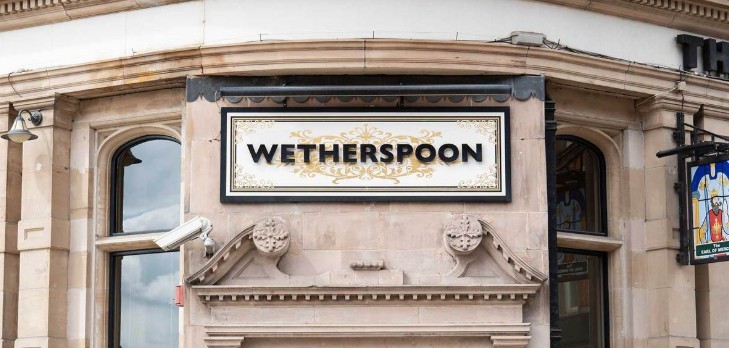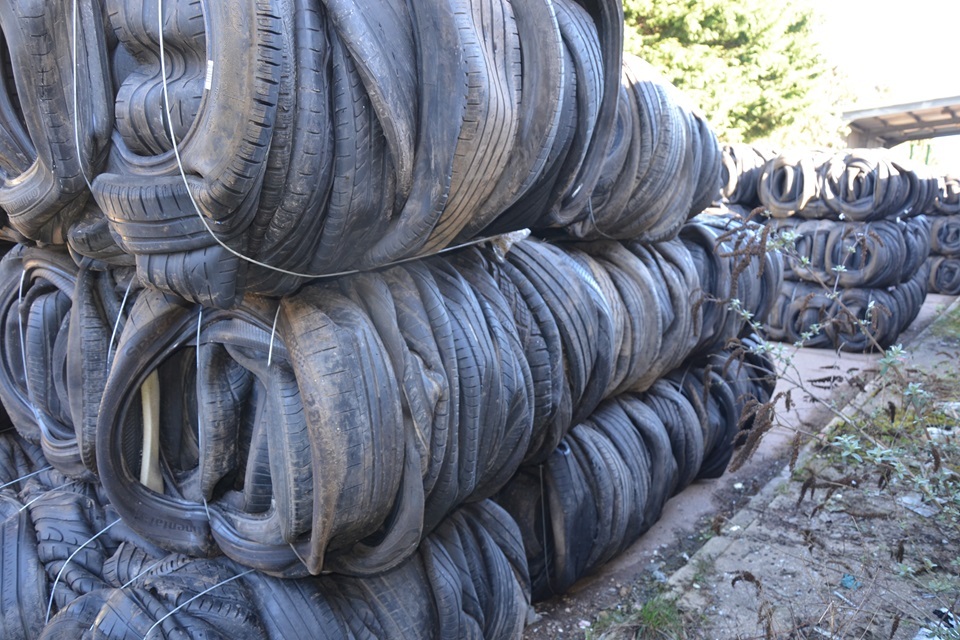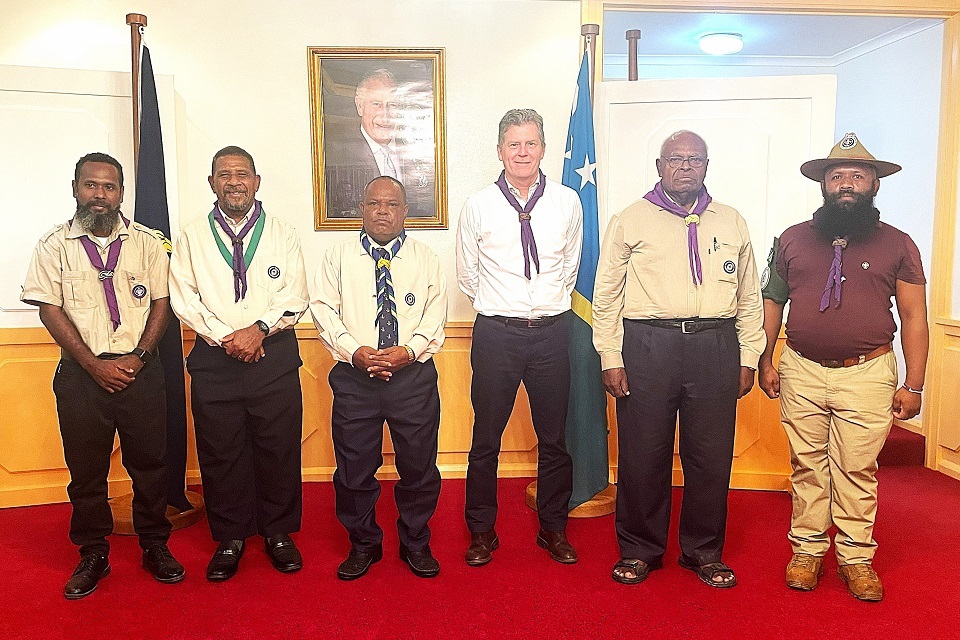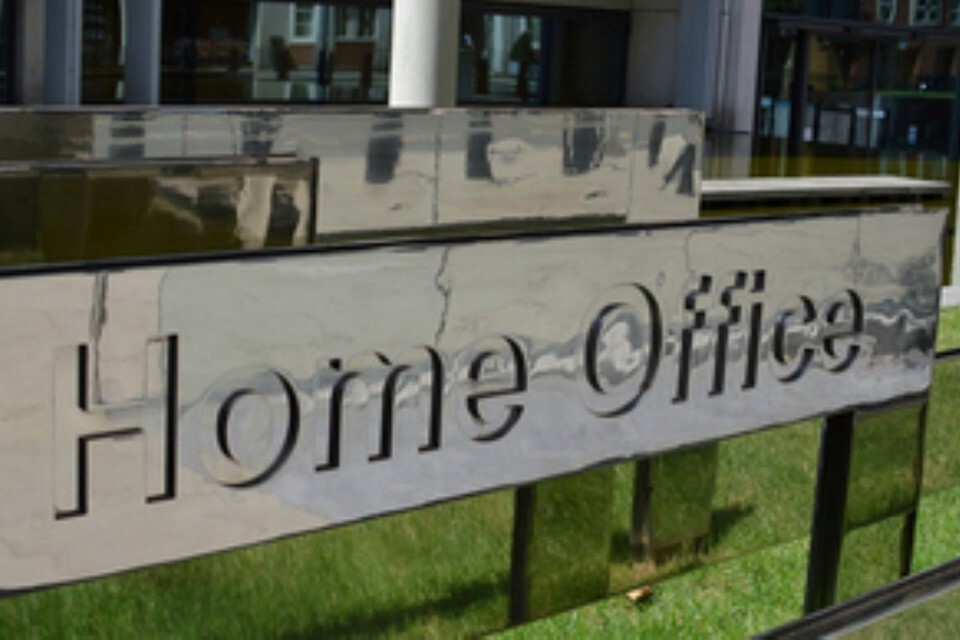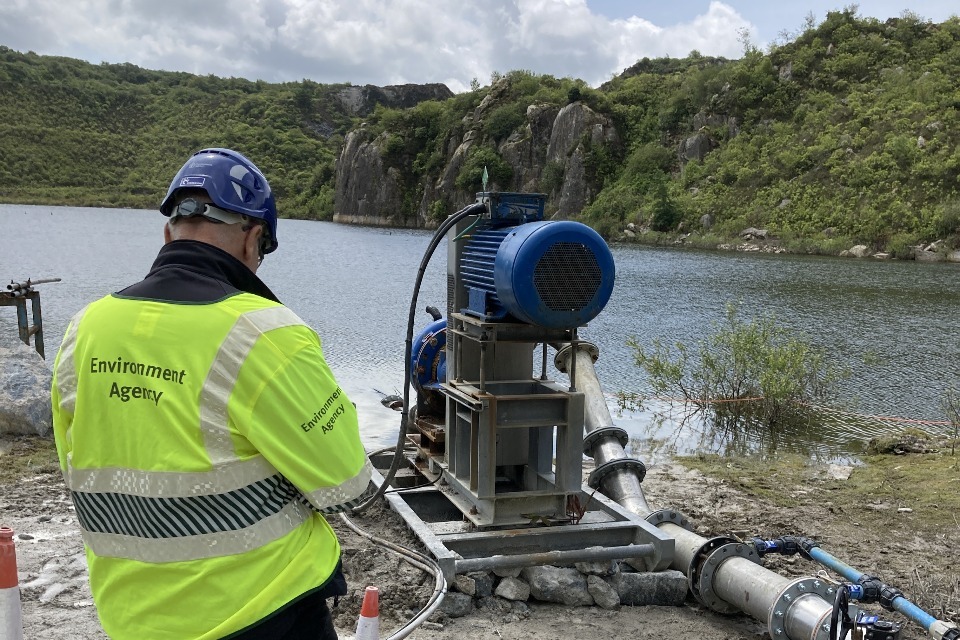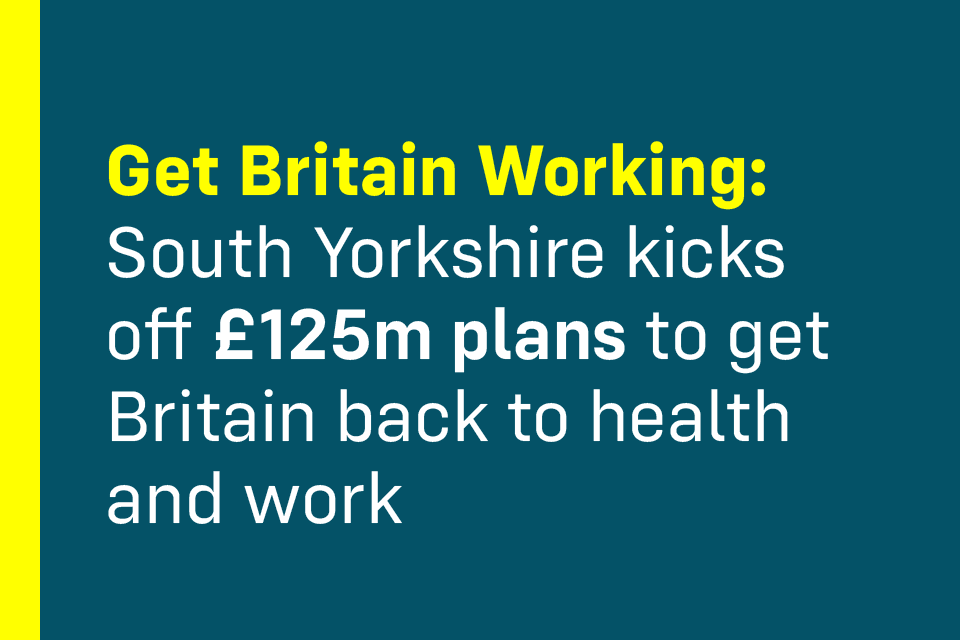What's On
In response to increased findings of highly pathogenic avian influenza…
Going Out
If you were hoping to finally ditch the annoying 100ml…
Reviews
The most ambitious independent hospitality group in the United Kingdom,…
Latest Articles
A pair of Northampton men are to pay for their role in an illegal tyre waste site in…
DVLA is reminding motorists how they can keep themselves safe from vehicle and driving licence scams. Latest figures…
Ambassadors Holland says the UK is closely monitoring the situation in Turkey.
British High Commissioner to Solomon Islands and Non-Resident Commissioner to the Republic of Nauru, His Excellency Paul Robert…
Premises and events will be better prepared to respond to attacks as landmark legislation known as Martyn’s Law…
Today (Thursday 3 April 2025) the Terrorism (Protection of Premises) Act 2025 – Martyn’s Law – has received…
I’d like to thank High Commissioner Volker Türk and Dr. Younes Al-Khatib for your sobering briefings. Our thoughts…
Business rates information letters are issued by the Ministry of Housing, Communities and Local Government at regular intervals…
In Spotlight
Devon and Cornwall’s biggest water users are creating amazing sources…



